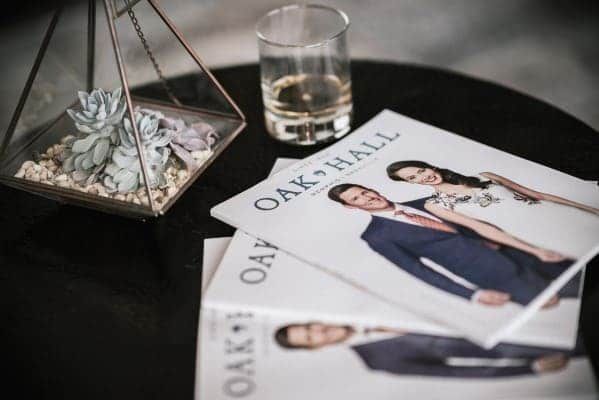by Lauren Petr
Contributor and Registered Dietician
for Plumgood Food
Lazily sprawled out on my couch a couple of weeks ago, I was dumbfounded by a commercial. Picture this, farmers working in what looked to be a beautiful citrus grove were carefully hand-picking 7-Up cans right off the trees. "Crisper" and "more refreshing," were the words used to describe the company’s revamped “all-natural” soft drink. Ignoring years of nutrition training, I was left with the impression that drinking this soft drink could be as healthy for me as eating fresh fruit. As if!
Curious now, I looked up the ingredients on the Web site. Right in the middle of all the other “all-natural” products was high fructose corn syrup (HFCS). While initially the ingredients do come from natural sources, biochemistry taught me that HFCS is anything but, um, all-natural.
Made by a complex process that includes chromatography, ion-exchange and other words only recognized by chemists, HFCS production is not going to be something you see on the next Martha Stewart show. So how can something that is so far from its original form be called “all-natural?”
I did a little research on what it means to be “all-natural.” According to the current guidelines from the Food and Drug Administration (FDA), a food claiming to be all-natural implies that the ingredients have not been obtained from an artificial or synthetic source. The giant food regulator says nothing, however, about what type of manipulation the ingredients can undergo before they hit your mouth. So the claim of 7-Up being “all-natural” is legally legit. To me, this is what my momma refers to as “bending the rules.” However, I’m not the only one who is upset. The Sugar Association, a truly-natural competitor to HFCS, is also not happy and would like to see the “loose” definition tightened up a bit.
In the company’s defense, 7-Up has agreed to drop the “all-natural” claim after being threatened by a lawsuit for deceptive marketing. While this illustrates great accountability for 7-Up, it doesn’t mean that other food companies will be as honorable. Therefore, I’d like to leave you with some tips on how to be a savvy “all-natural” shopper:
- Look for statements on the product such as “no artificial colors, preservatives or ingredients.”
- To avoid HFCS or unhealthy hydrogenated oils, you still need to scan the ingredient list since they are technically derived from all-natural sources.
- Identify a few food companies that practice a true all-natural philosophy, such as Amy’s, Kashi, or Horizon and stick to their brands whenever possible.
- In order to save time on label-reading, shop in natural food stores or the natural section of your grocery store, where your selection is limited to only natural and organic items.
Lauren Petr, Plumgood Food’s registered dietician, answers questions about diet and nutrition for all Plumgood customers, free of charge. Lauren also can develop personalized meal and dietary plans for individual customers for an added fee. For more information, visit www.plumgoodfood.com or contact Lauren at lpetr@plumgoodfood.com or (615) 248-4448 ext. 102.
Try this all natural recipe...
Corn and Black Bean Salad with Mango
Serves Six
- 2 teaspoons extra virgin olive oil
- 1 clove garlic, minced
- 1 1/2 c frozen corn
- 1 ripe mango, peeled and diced
- 1 15 oz can of black beans, rinsed and drained
- 1/4 c diced red onion
- 1/2 c diced red bell pepper
- 3 tablespoons lime juice
- 1 1/2 tablespoons chopped fresh cilantro
- 1/4 teaspoon ground cumin
- Salt to taste
- Heat oil in skillet over medium-high heat.
- Add garlic and sauté until fragrant. Stir in corn and sauté a few minutes more until all corn is coated in oil.
- Transfer corn to a medium-sized mixing bowl. Stir in mango, beans, onion, bell pepper, lime juice, cilantro, cumin and salt.
- Garnish with extra sprigs of cilantro and enjoy!
